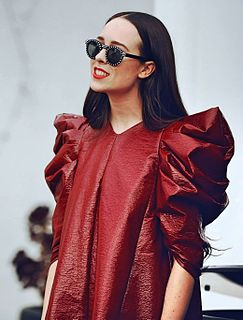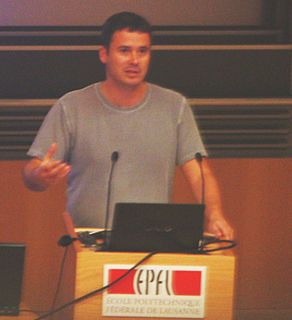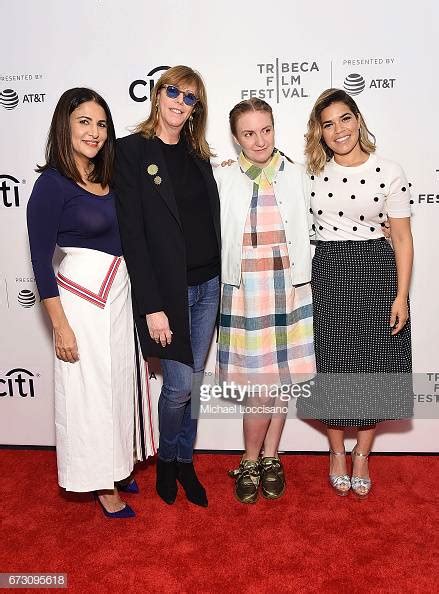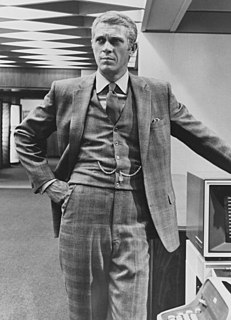A Quote by Raphael Bob-Waksberg
BoJack especially is a very dialogue based show. A lot of the comedy comes from conversations, and a lot of story comes from misunderstandings and people trying to connect with each other, and there was a really interesting challenge trying to write a script with no dialogue.
Related Quotes
Very, that show is crazy. It was like doing finals every week. It was interesting. I really learned a lot. The dialogue is so technical. I was so impressed watching the other actors and how they managed, so I studied them. And I was blown away thinking: "How do they do that? How do they put that extra spin on the complicated dialogue to make it interesting?
The way you write dialogue is the same whether you're writing for movies or TV or games. We use movie scriptwriting software to write the screenplays for our games, but naturally we have things in the script that you would never have in a movie script -- different branches and optional dialogue, for example. But still, when it comes to storytelling and dialogue, they are very much the same.
When I go to the cinema, I want to have a cinematic experience. Some people ignore the sound and you end up seeing something you might see on television and it doesn't explore the form. Sound is the other picture. When you show people a rough cut without the sound mix they are often really surprised. Sound creates a completely new world. With dialogue, people say a lot of things they don't mean. I like dialogue when it's used in a way when the body language says the complete opposite. But I love great dialogue I think expositional dialogue is quite crass and not like real life.
I'm always trying to want to connect with fans and to connect them to each other. I mean, there's other things that I'm trying to do, but in terms of connectivity, that is really important to me. And I am a smaller artist still and there are people that are super passionate about my music, but not everyone in their circle knows about me. But yeah, I've always trying to find ways to connect fans to each other.
I think subjectivity plays into everything. It's unavoidable; you couldn't avoid it if you tried. I think, potentially, a lot more commercial movies, it seems to be that the people making the films are trying to elicit the same reaction. I think a lot of the most interesting work in art and in films are often kind of polarized opinions and affect people in very different ways, which may be less successful commercially, but they elicit a dialogue that's quite interesting.
When we worked on 'Girls,' we've had some really meaningful dialogue with our fans and with critics and really learned a lot of things. Like, on the question of diversity, we heard people, and we responded, which is very different from, like, 'Hey fatty, what are you doing on TV?' And that's what we're trying to avoid.
Taking a comic strip character is very hard to write. Because comics are meant to work in one page, to work in frames with minimalistic dialogue. And a lot of it is left to the imagination of the reader. To do that in film, you've got to be a little more explanatory. And that requires a good screenplay and good dialogue.
When I'm writing a script, before I can write dialogue or anything, I have two or three hundred pages of notes, which takes me a year. So, it's not like "what happens next." I've got things that I'm thinking about but I don't settle on them. And if I try to write dialogue before then, I can't. It's just garbage.
































